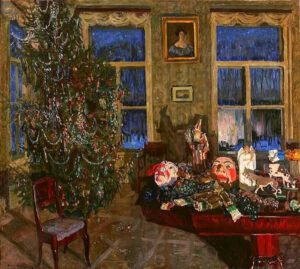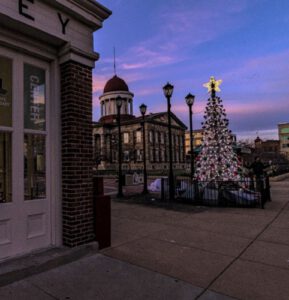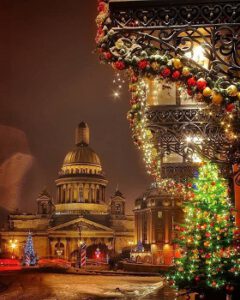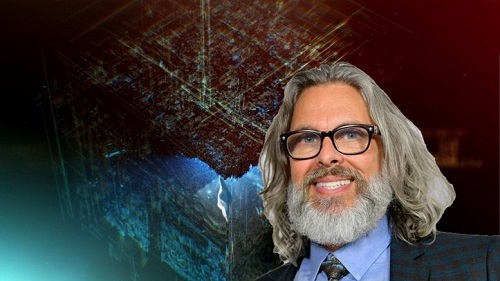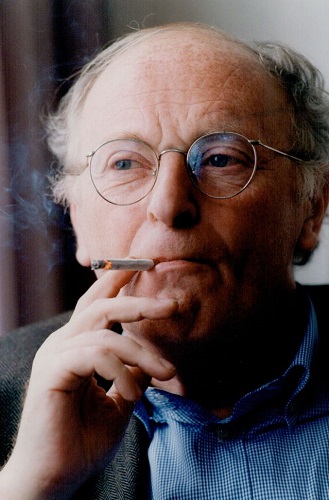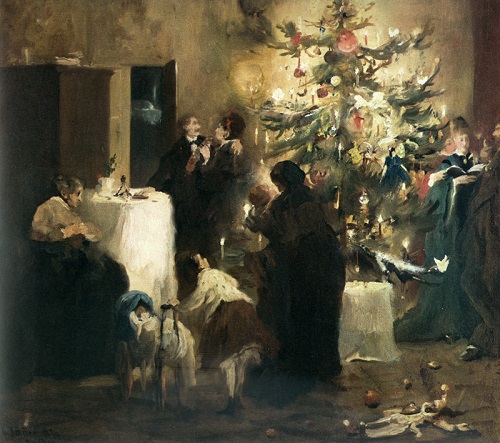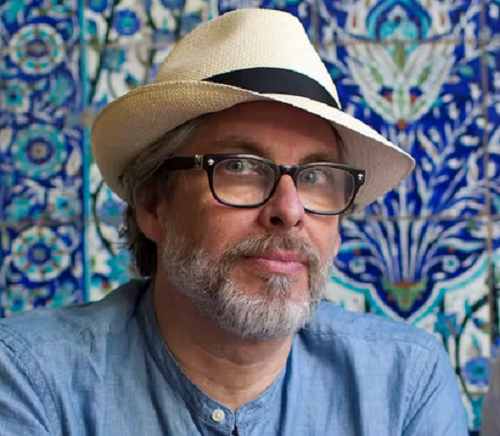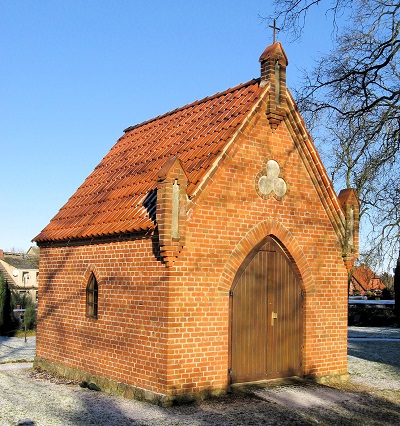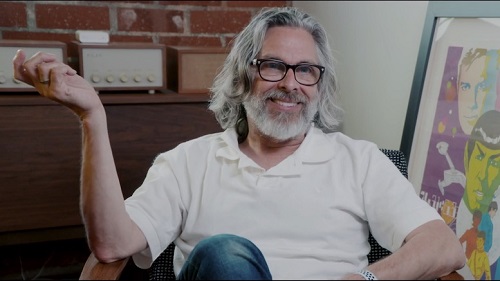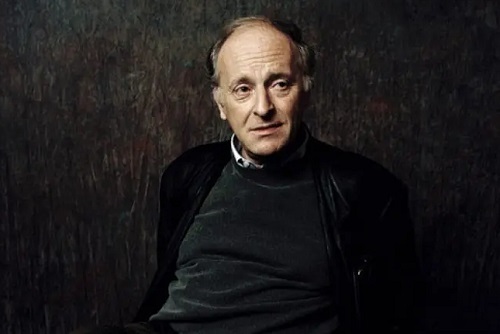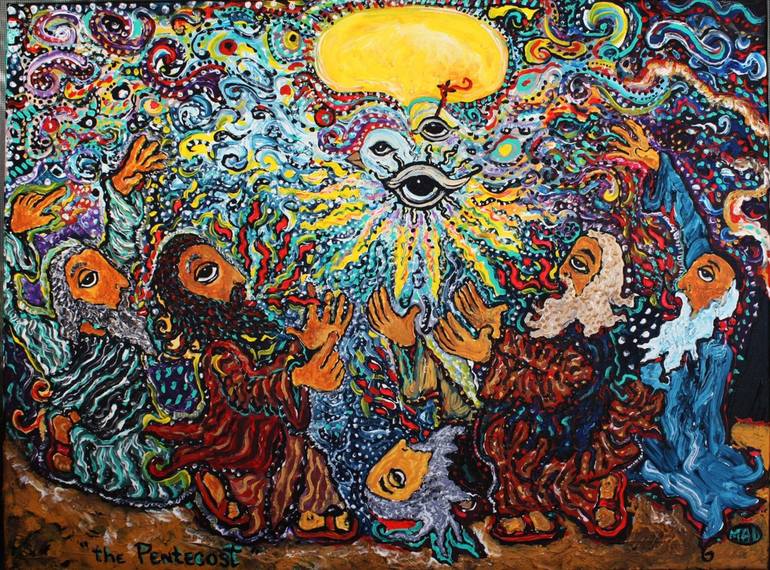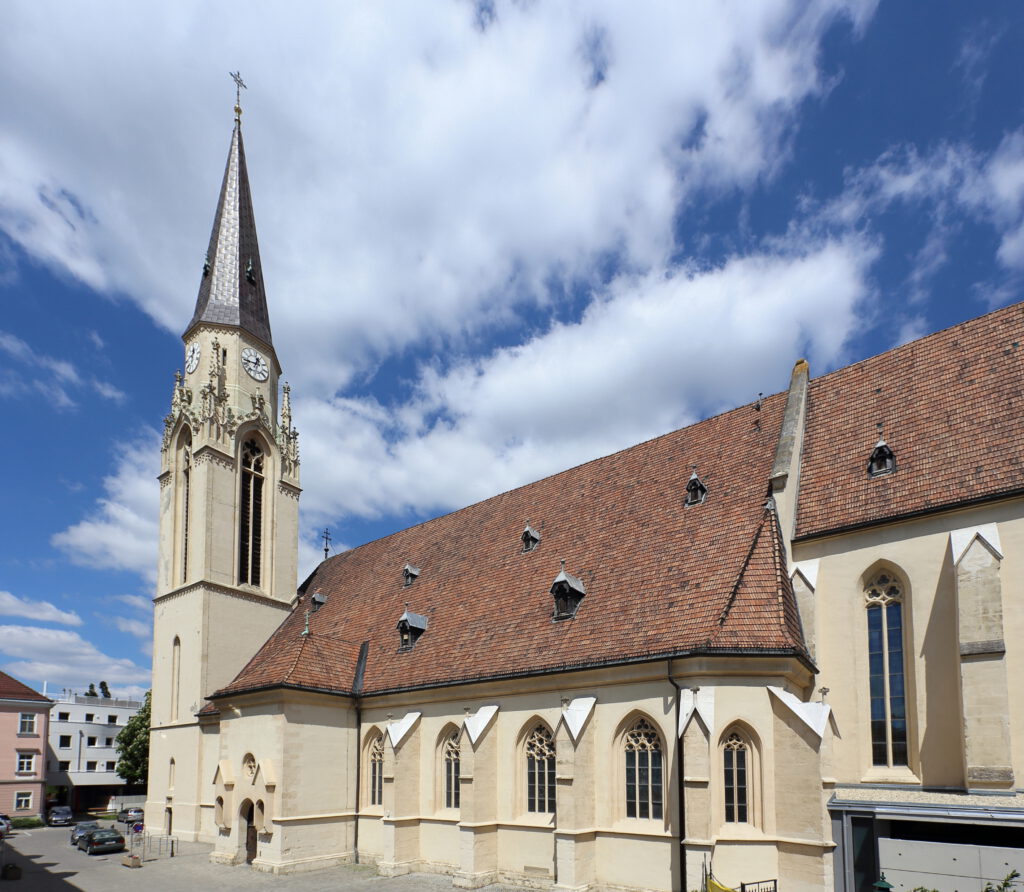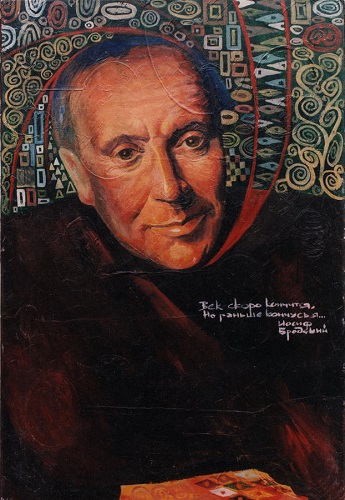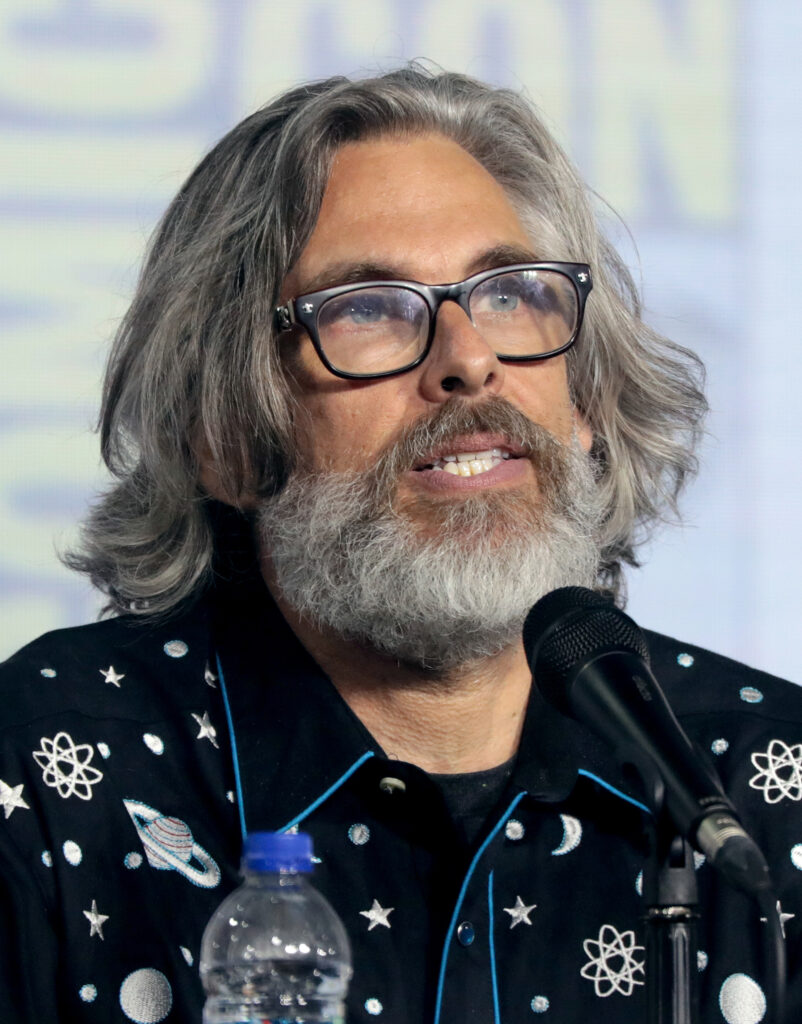De Amerikaanse schrijver Michael Chabon werd geboren op 24 mei 1963 in Washington. Zie ook alle tags voor Michael Chabon op dit blog.
Uit: De Jiddische politiebond (Vertaald door Christien Jonkheer en Gerda Baardman)
“Al negen maanden bivakkeert Landsman in hotel Zamenhof zonder dat een van zijn medegasten vermoord is. En nu heeft iemand de bewoner van kamer 208, een jehoede die zich Emanuel Lasker noemde, een kogel door het hoofd gejaagd.
‘Hij nam de telefoon niet meer op, deed de deur niet meer open,’ zegt Tenenboim de nachtportier als hij Landsman uit bed komt halen. Landsman woont op 505, met uitzicht op het neonbord van het hotel aan de overkant van Max Nordau Street. Dat is hotel Blackpool, een woord dat door Landsmens nachtmerries spookt ‘Ik heb mezelf toegang moeten verschaffen.’
De nachtportier is een voormalige Amerikaanse marinier die zijn eigen heroïneverslaving de baas is geworden in de jaren zestig, toen hij terugkwam van de puinhopen van de Cubaanse oorlog. Hij treedt de verslaafde bewoners van het Zamenhof met moederlijke zorg tegemoet. Hij leent ze geld en zorgt ervoor dat ze mm mrt gelaten worden als ze dat nodig hebben.
‘Heb je in de kamer ergens aan gezeten?’ vraagt Landsman.
‘Alleen aan het geld en de juwelen,’ zegt Tenenboim.
Landsman trekt zijn broek en schoenen aan en hijst zijn bretels op. Daarna draaien hij en Tenenboim zich om naar de deurknik, waar een stropdas aan hangt, rood met grote bruine strepen, voorgestrikt om tijd te besparen. Landsman heeft nog acht uur voordat hij w aan de bak moet. Acht rattenuren, lurkend aan de fles, in zijn glazeneer kooi tussen de houtwol. Landsman zucht en pakt zijn das. Hij laat hem over zijn hoofd glijden en schuift de strop omhoog tegen zijn boord. Hij trekt zijn jasje aan, voelt of zijn portefeuille en politiepenning in zijn borstzak zitten, en geeft een klopje op de sjolem die hij in een holster onder zijn oksel draagt, een korte Smith & Wesson Model 39.
‘Ik maak je niet graag wakker, inspecteur,’ zegt Tenenboim. ‘Maar ik heb gemerkt dat je niet echt slaapt.’
‘Ik slaap wel, hoor,’ zegt Landsman. Hij pakt het borrelglas waar hij op het ogenblik een relatie mee heeft, een souvenir van de Wereldtentoonstelling van 1977. ‘Ik doe het alleen in mijn ondergoed.’ Hij heft het glas en brengt een toast uit op de dertig jaar die er sinds de Wereldtentoonstelling in Sitka verstreken zijn. Een hoogtepunt van de Joodse beschaving in het noorden, zeggen ze, en wie is hij om dat te betwisten? Veertien was Meyer Landsman die zomer, en hij ontdekte net de verrukkingen van Joodse vrouwen, die in 1977 ook op hun hoogtepunt geweest moeten zijn. ‘Rechtop in een stoel.’ Hij drinkt het glas leeg. ‘Met een sjolem om’.
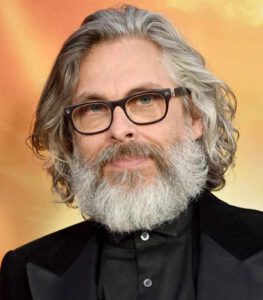
Michael Chabon (Washington, 24 mei 1963)
De Russisch-Amerikaanse dichter en schrijver Joseph Brodsky werd op 24 mei 1940 in Leningrad (het huidige St.Petersburg) geboren als Iosif Brodski. Zie ook alle tags voor Joseph Brodsky op dit blog.
Rotterdams dagboek
I
De regen klettert. Woensdag. Schemering.
‘k Zie paraplu’s en opgezette kragen.
Ze bombardeerden Rotterdam vier dagen,
en toen was deze stad herinnering.
Niet mensen, steden schuilen als het regent
in een portiek. En in een bui beland
bewaren straten, huizen hun verstand
en roepen niet om zoete wraak, neerzijgend.
II
Een hete julidag. Er lekt een wafel
ijs op een buik. Een kinderstemmenkoor.
Moderne flats, kantoor omarmt kantoor.
Le Corbussier deelt dìt met de Luftwaffe,
dat beide fanatiek hebben getracht
het aanzien te veranderen van Europa.
Wat rest na ’t razend spel van de cyclopen
wordt op een tekentafel koel volbracht.
III
De tijd heelt, maar hoe heilzaam ook die kracht,
een beenstomp kan van middel doel niet scheiden,
heeft van een panacee nog meer te lijden,
en jeukt. Een jaar of dertig later. Nacht.
We drinken wijn en voeren dialogen
in een gebouw dat naar de sterren reikt –
op een niveau dat eerder werd bereikt
door hen die hier destijds de lucht in vlogen.
Vertaald door Peter Zeeman
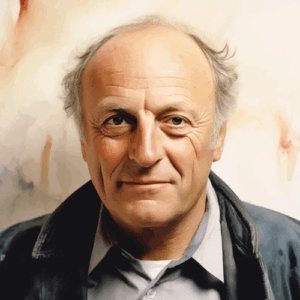
Joseph Brodsky (24 mei 1940 – 28 januari 1996)
Zie voor nog meer schrijvers van de 24e mei ook mijn blog van 24 mei 2020 en eveneens mijn blog van 24 mei 2018 en ook mijn blog van 24 mei 2015 deel 2.

